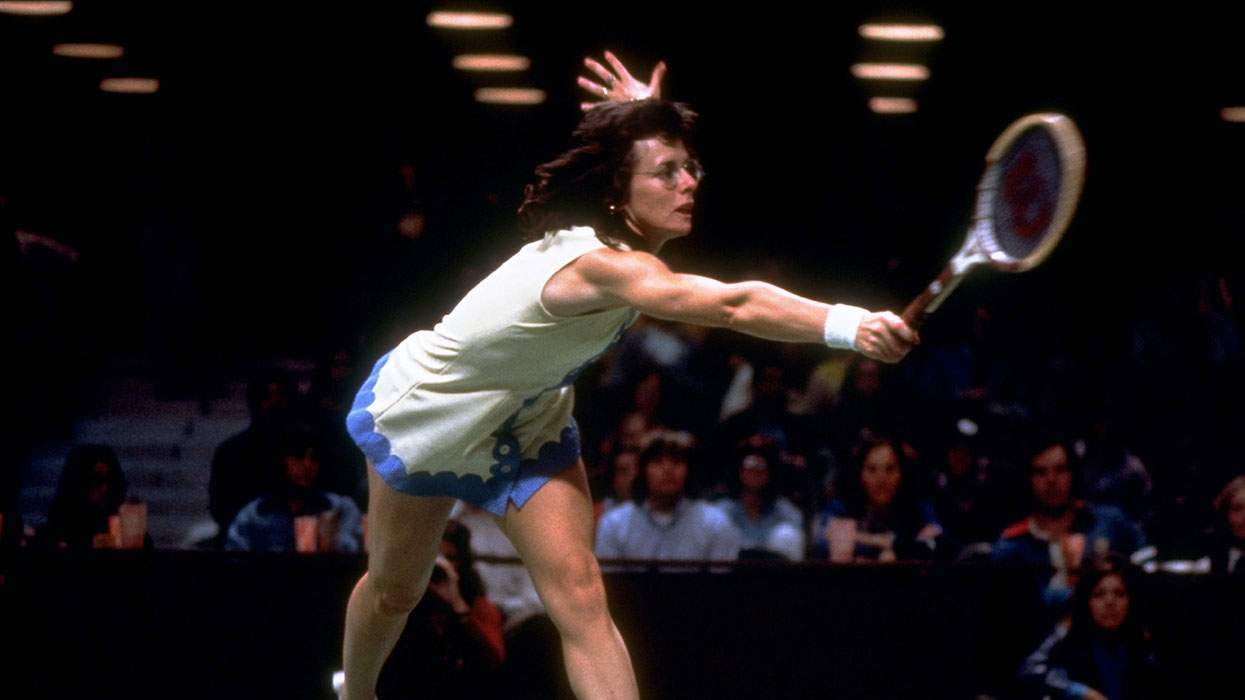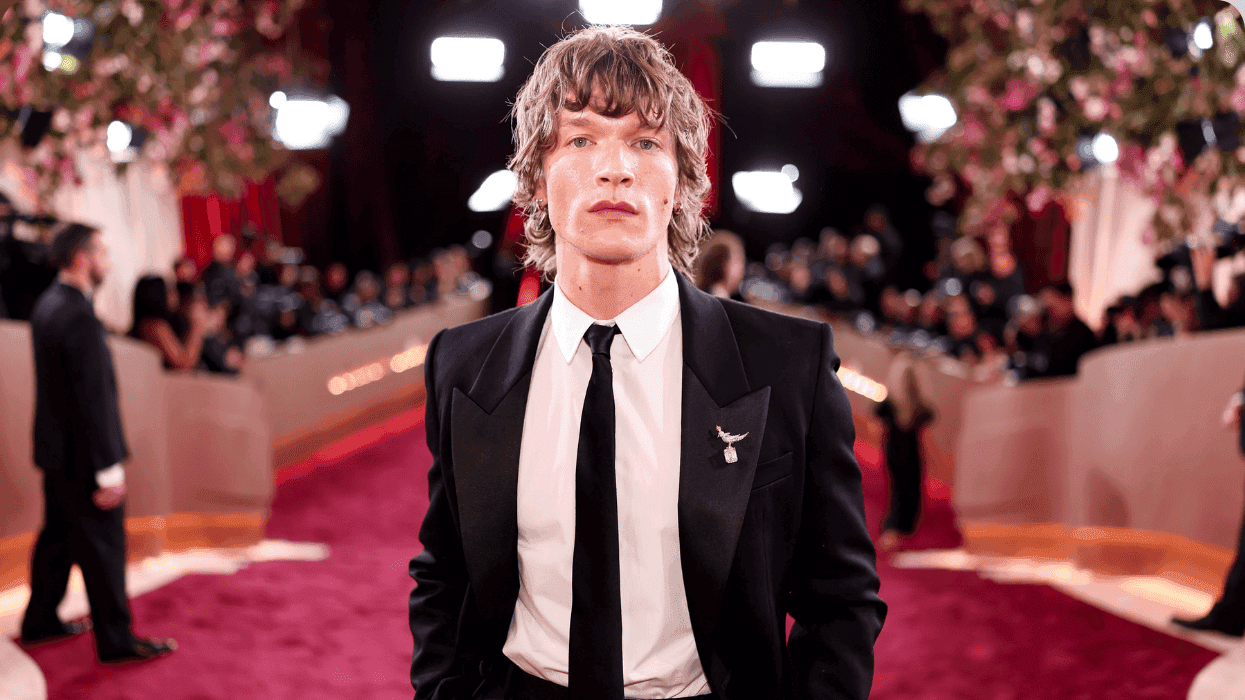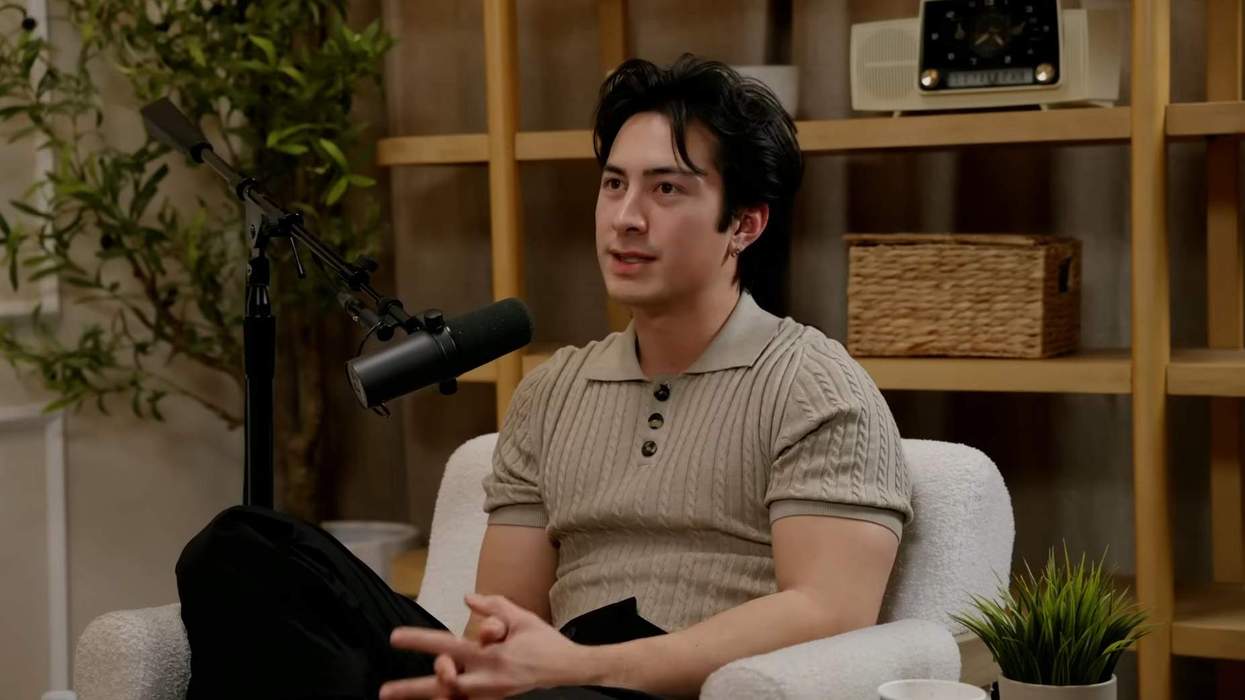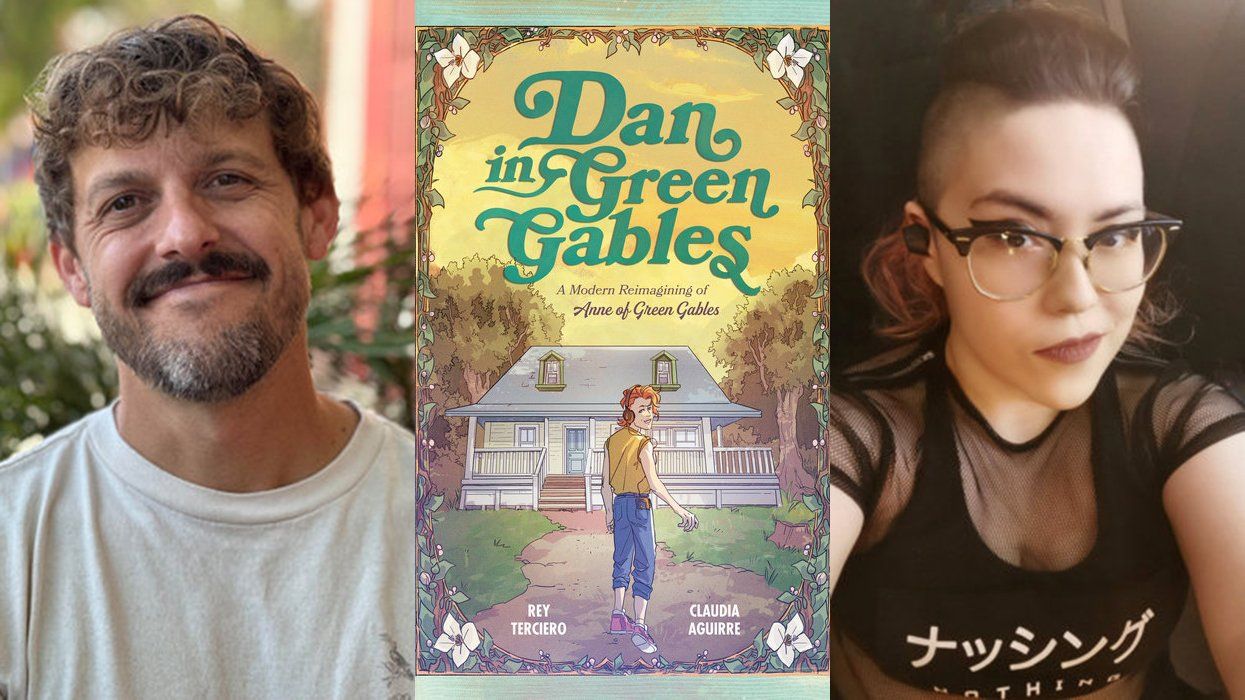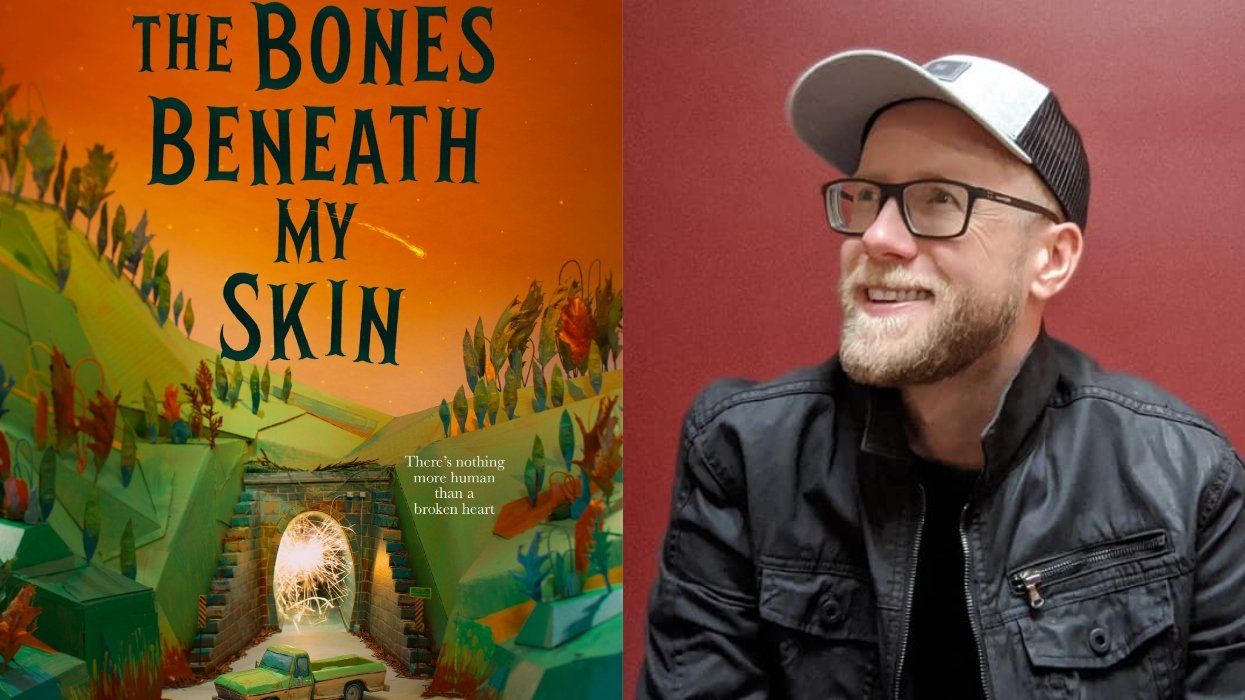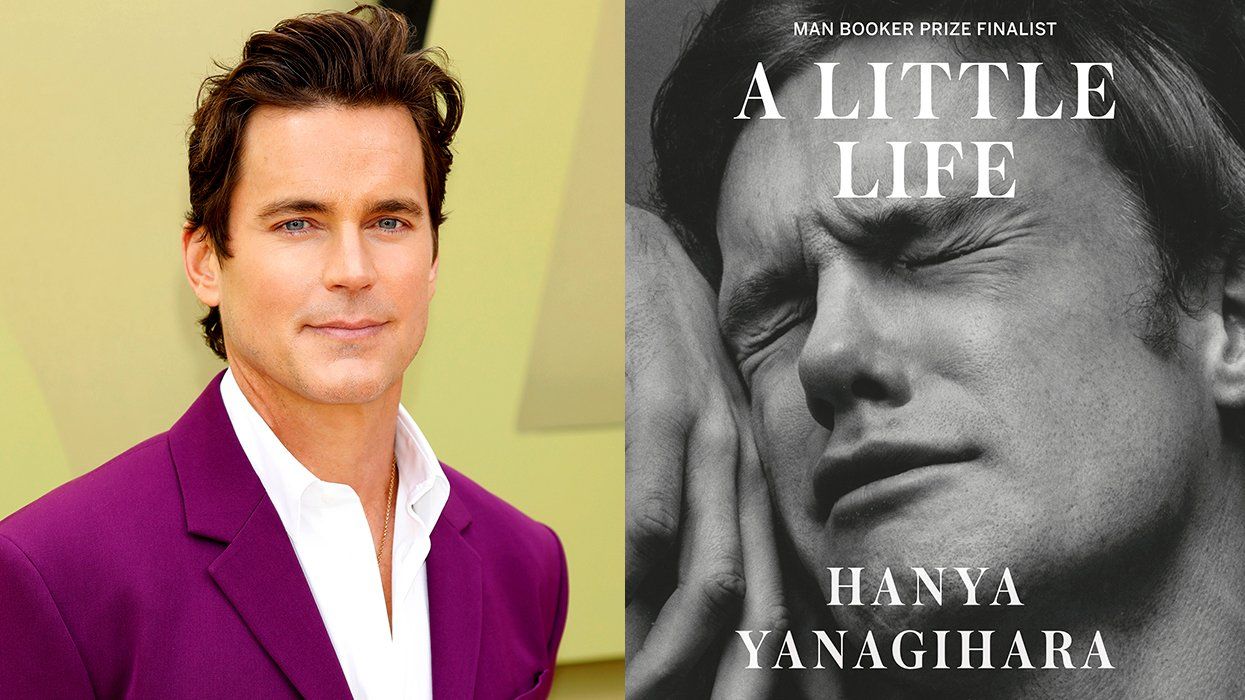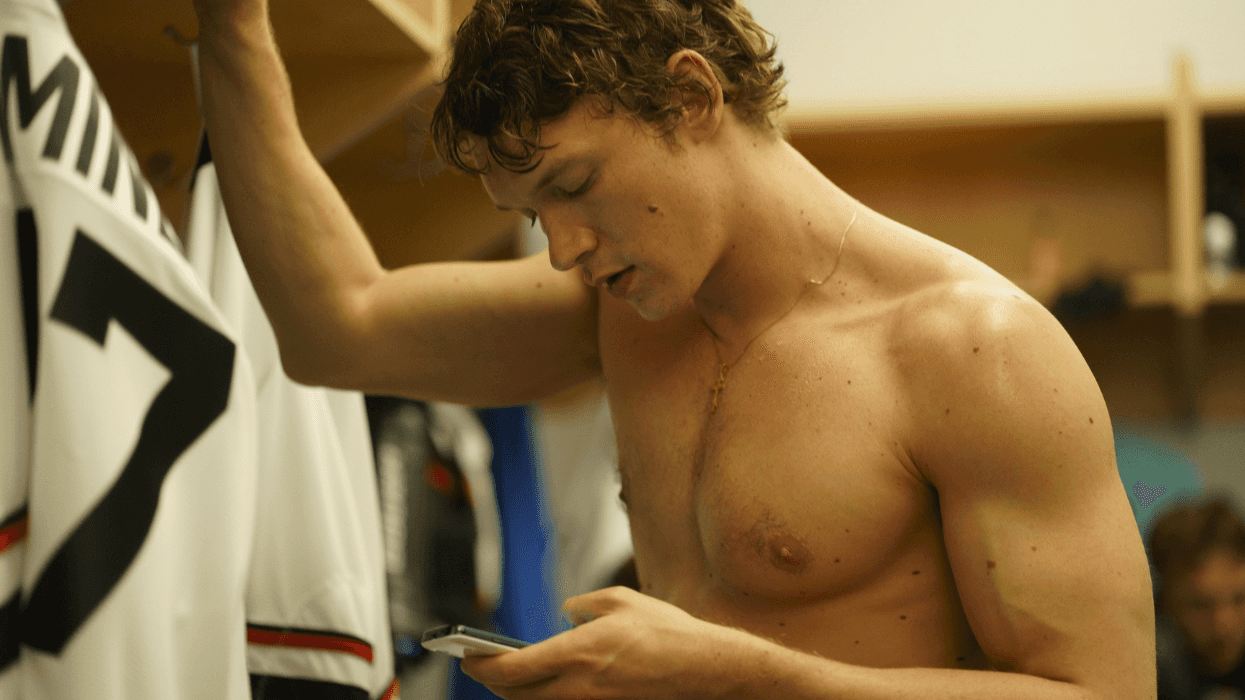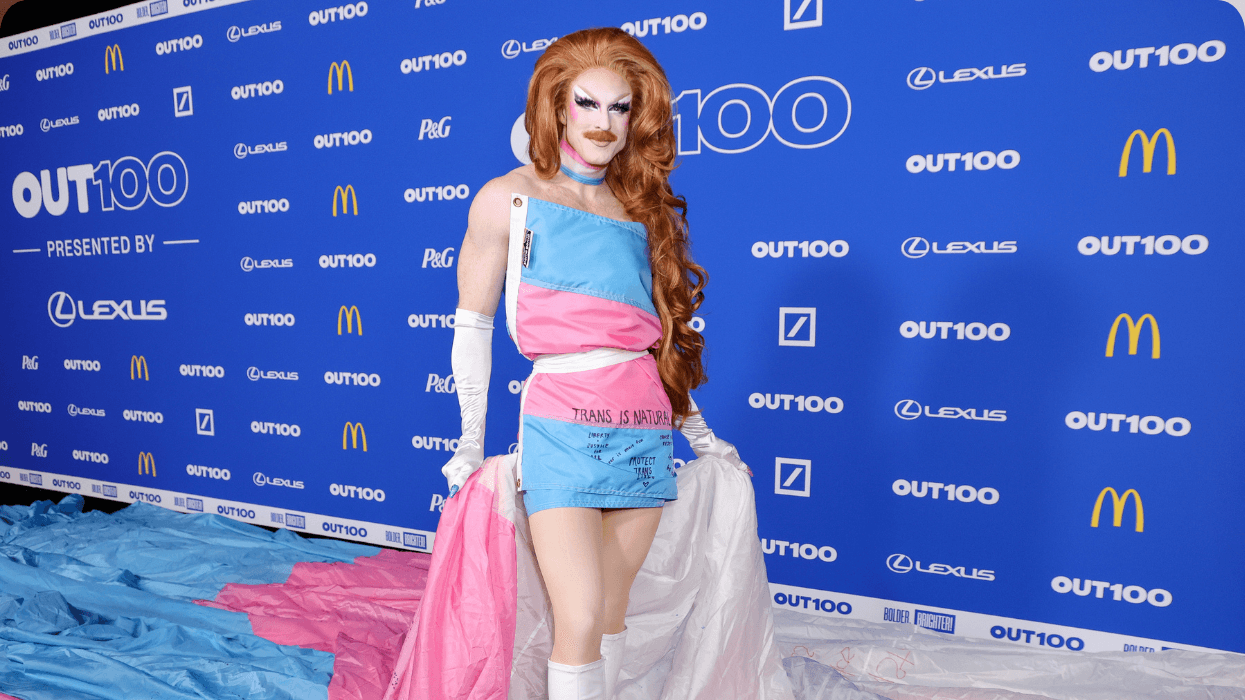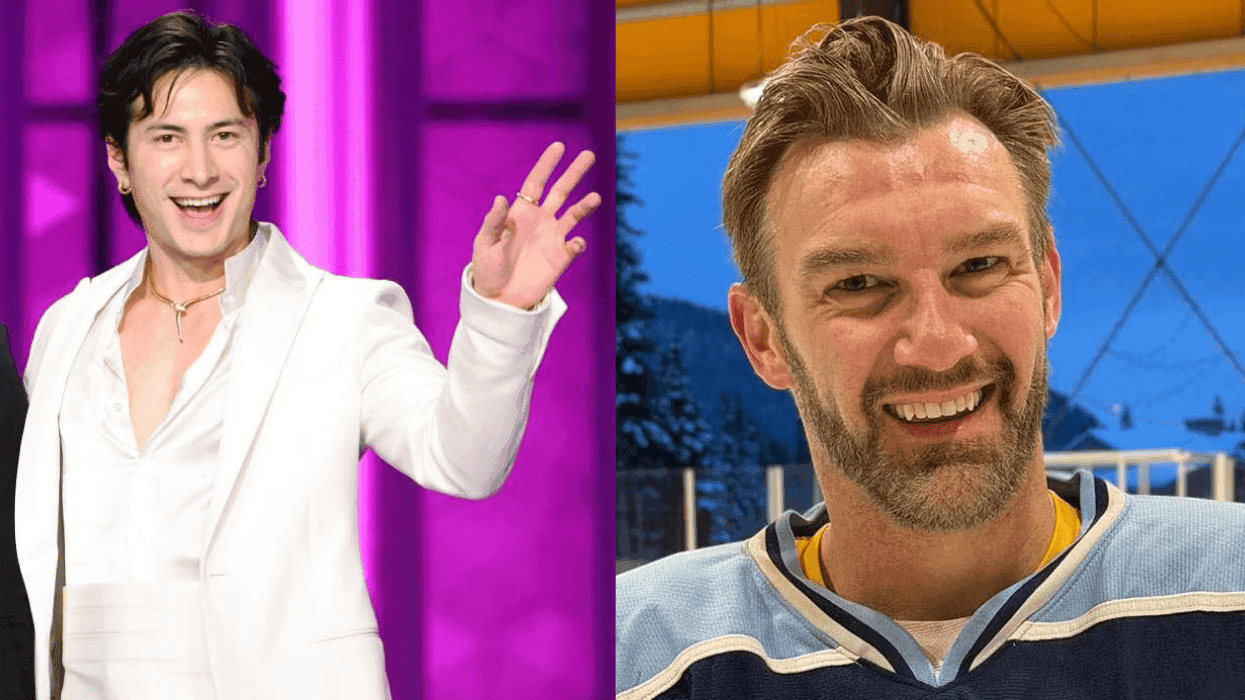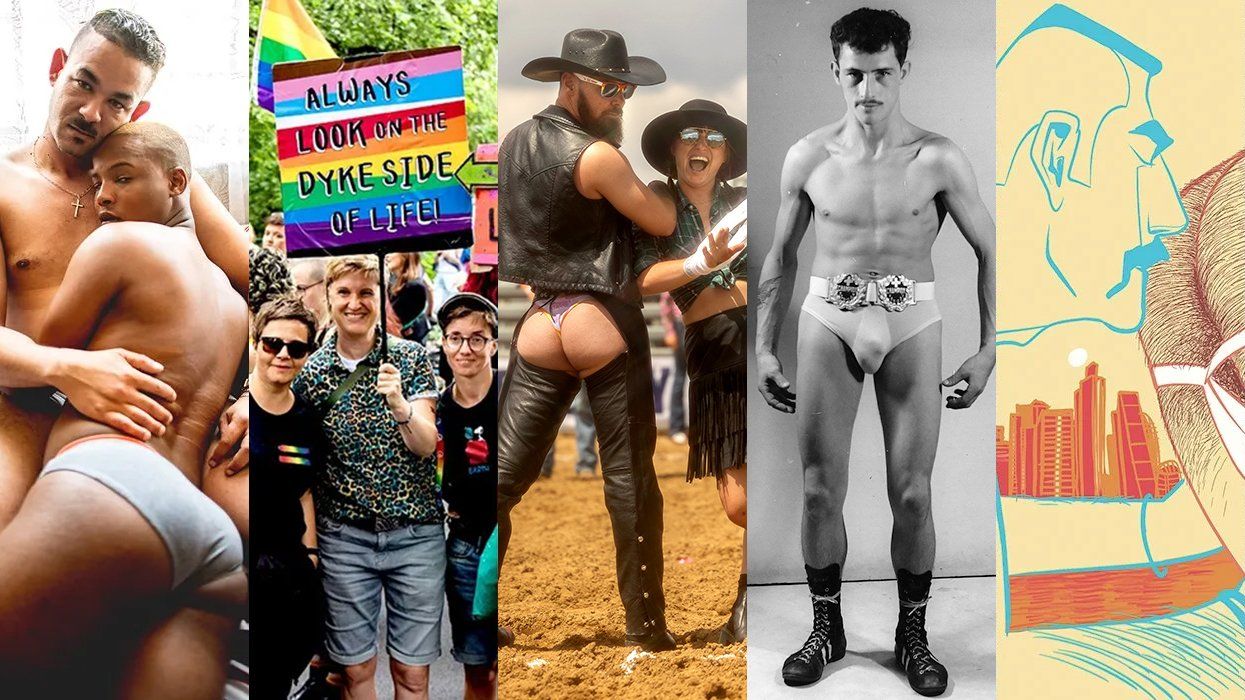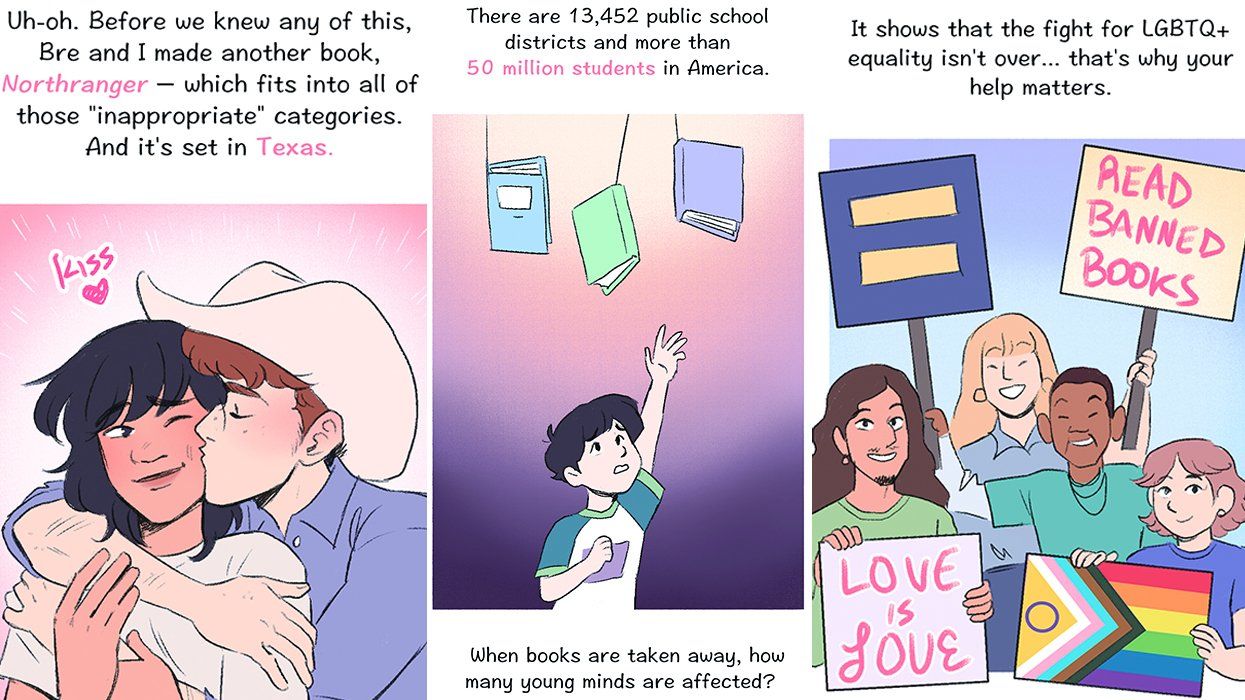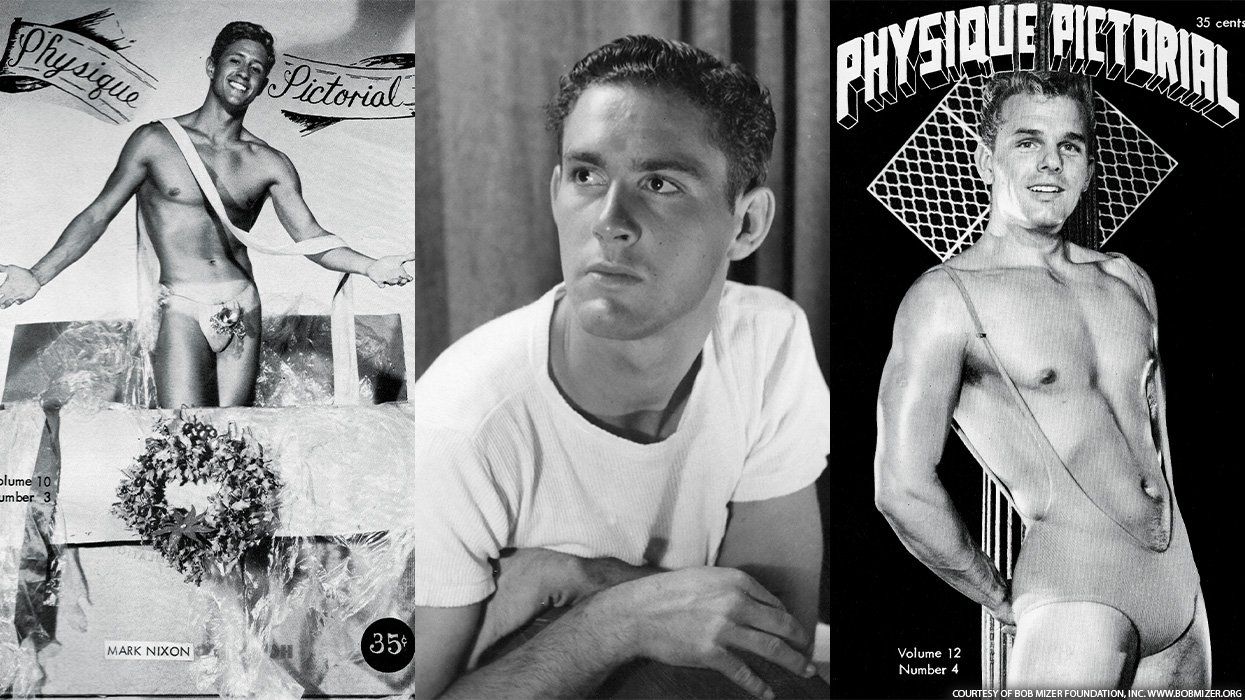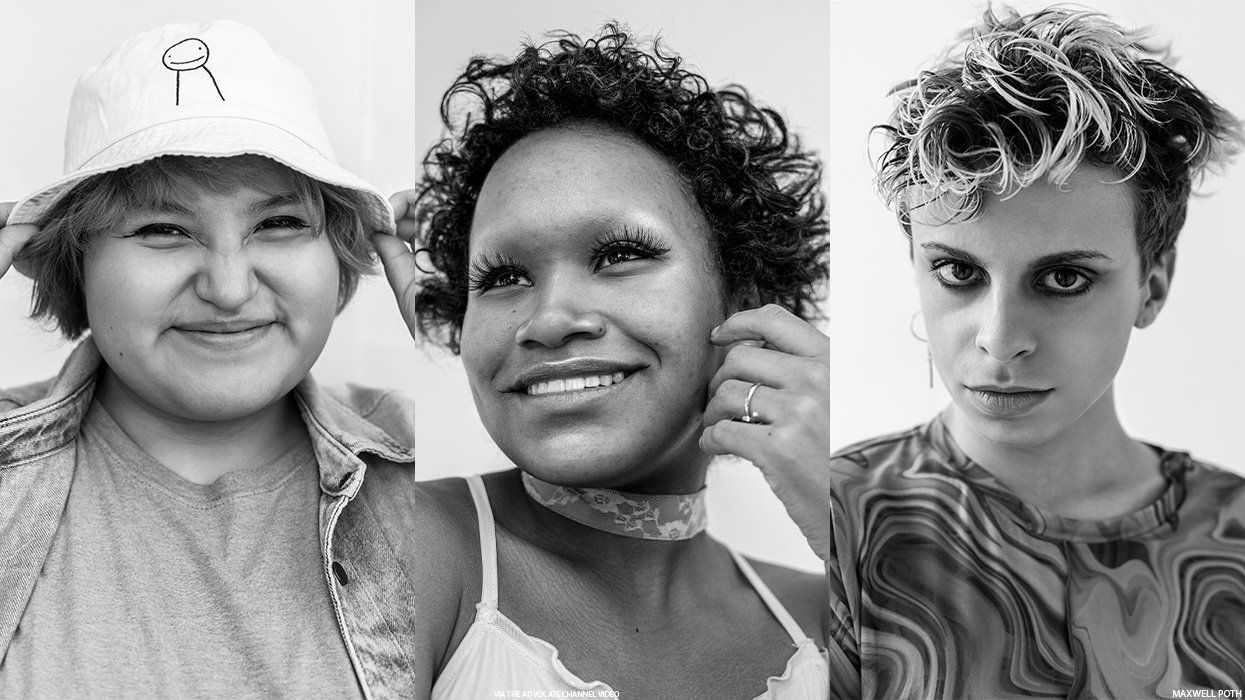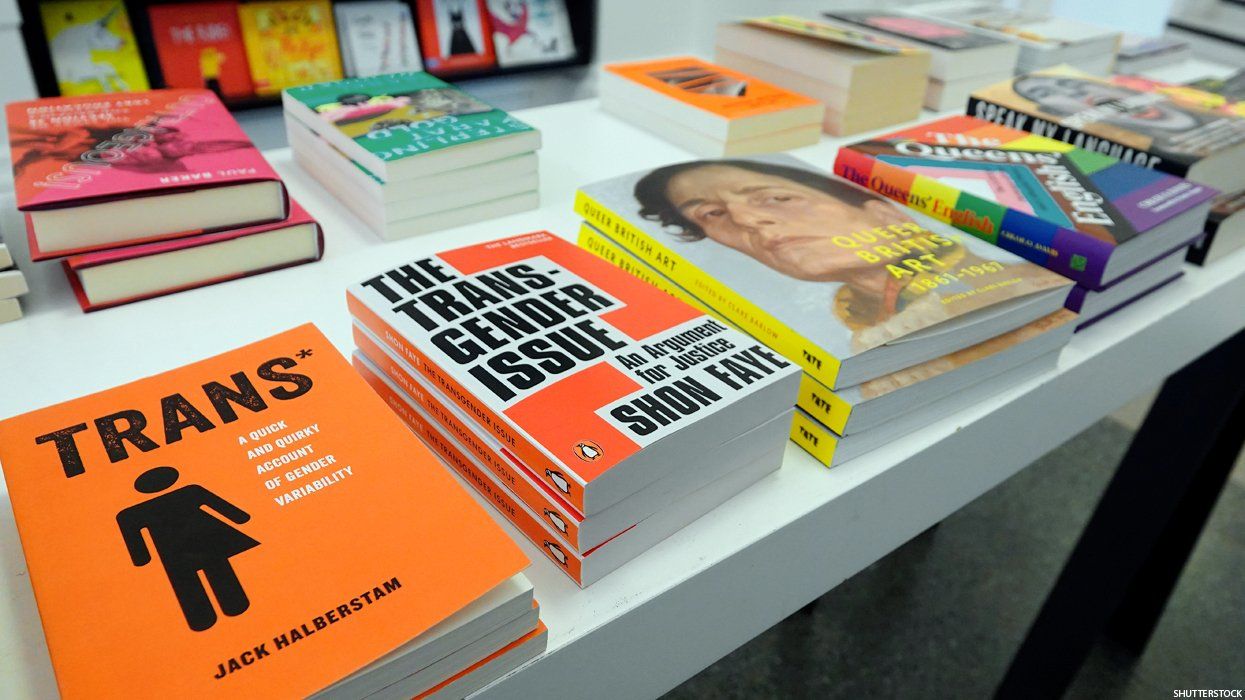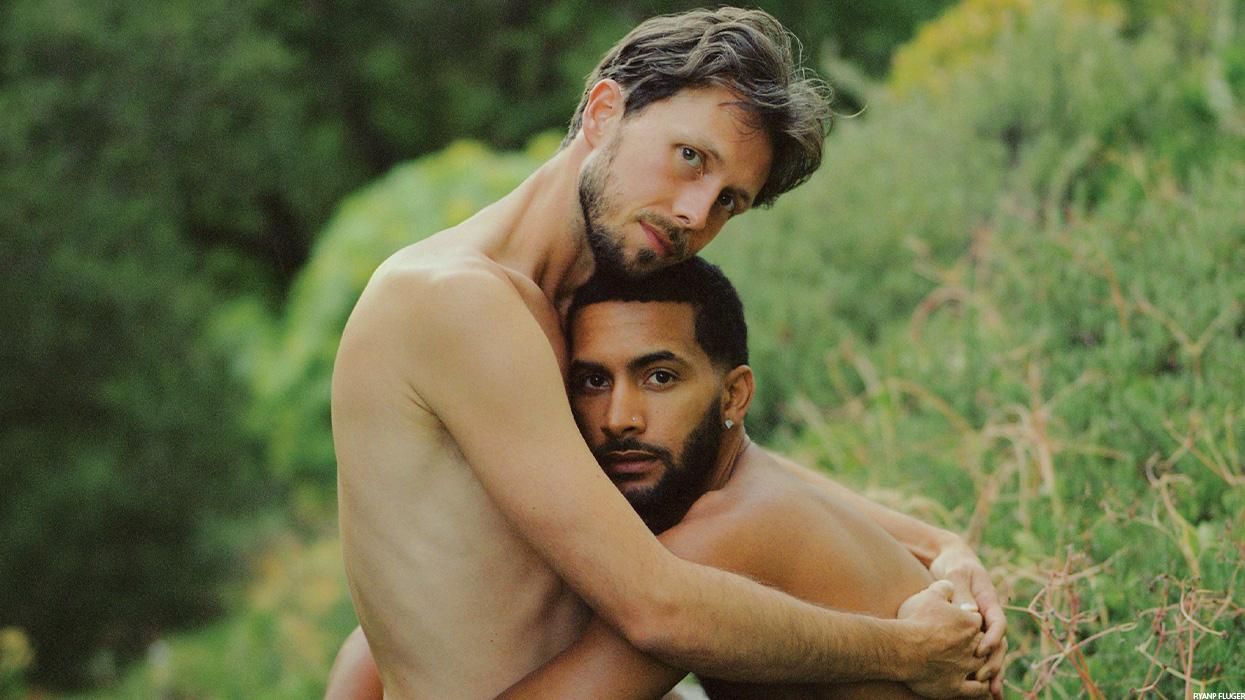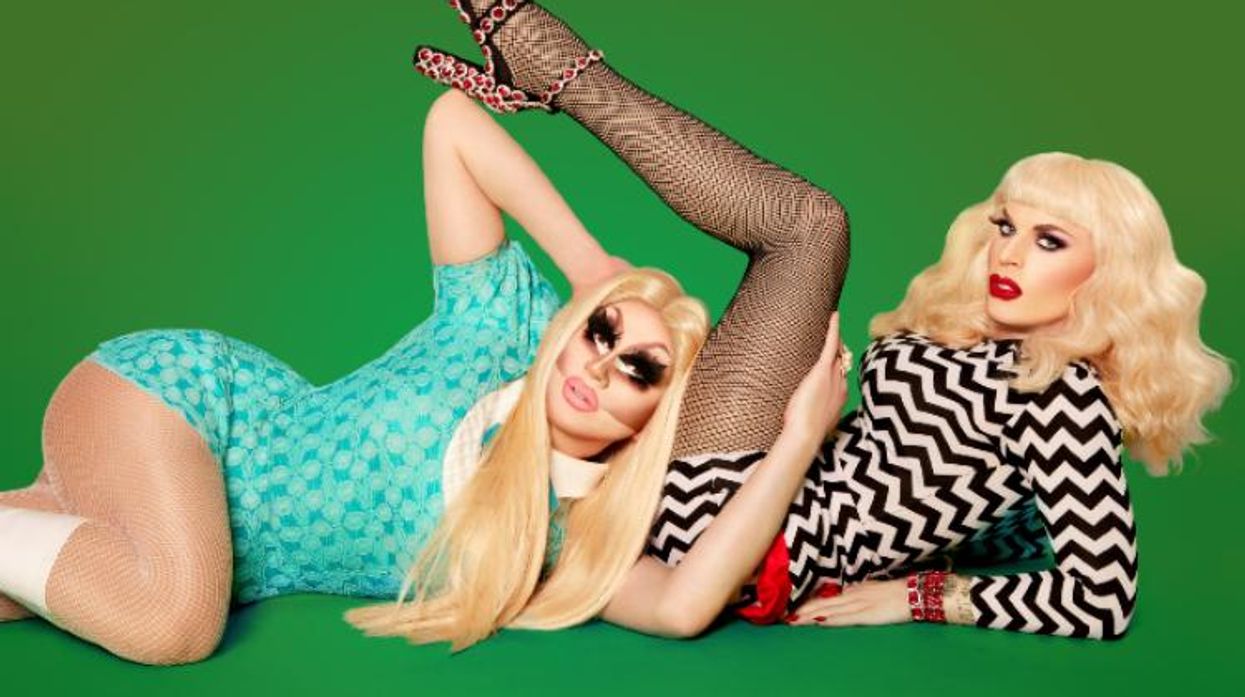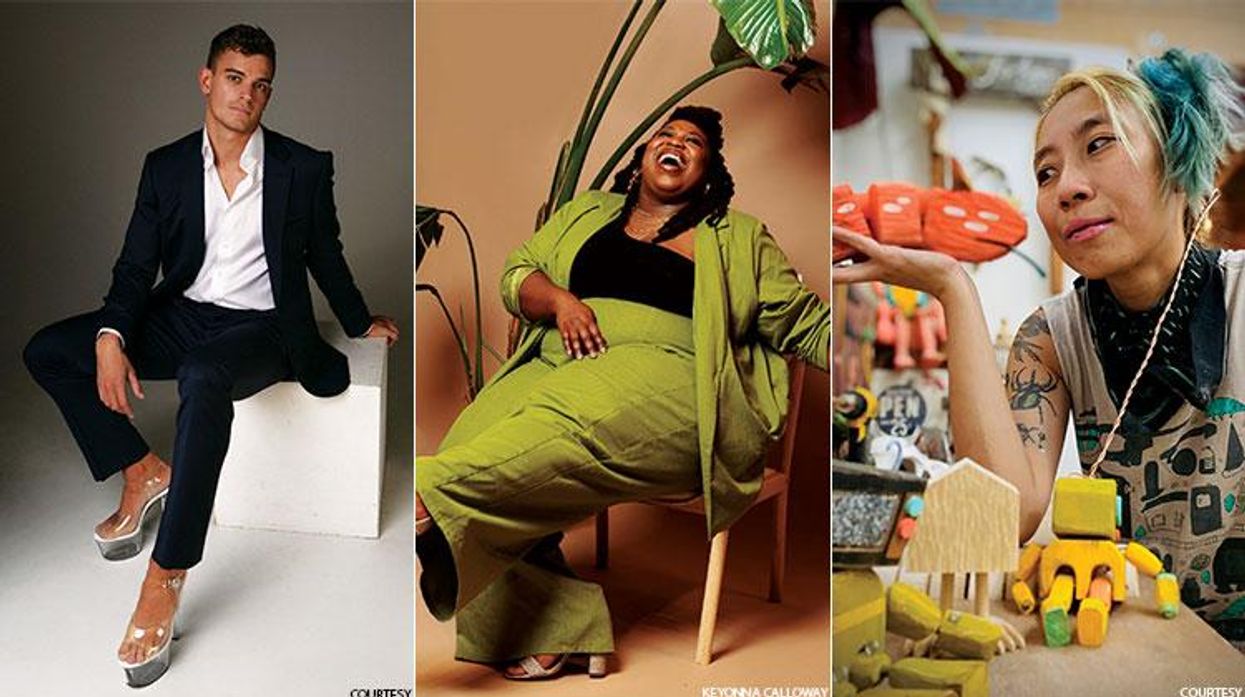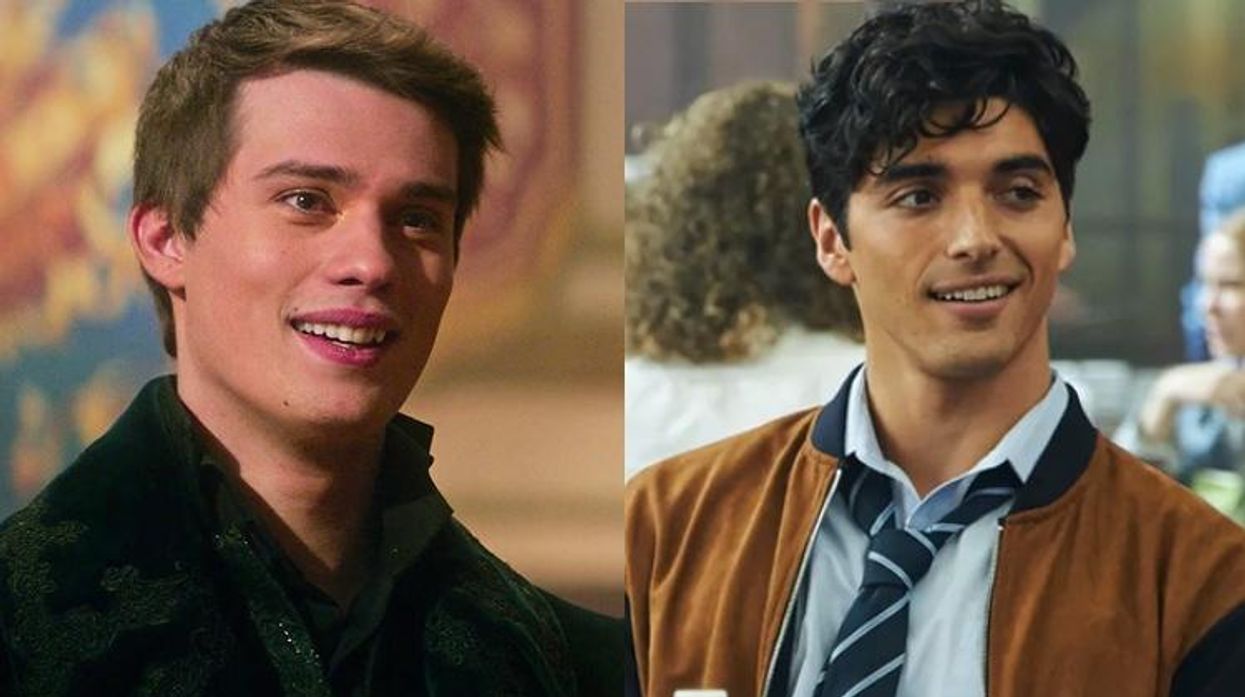R.J. Hernandez is a 27-year-old Cuban-American writer and Yale alumnus. First writing under the pseudonym Seymour Glass, he worked for Vogue, Elle and W Magazine before having a meltdown and ultimately writing his debut novel, "An Innocent Fashion," in response. Published by HarperCollins in 2016, Hernandez's breakout work, which made him a finalist for the 2017 Edmund White Award for Debut Fiction, follows a queer boy caught in a depressive spiral after landing his dream job at a prestigious fashion glossy.
Since the success of "An Innocent Fashion," Hernandez has been busy working on his sophomore book, a dark satire about the Second Coming of Christ, where Christ is a stoner teen who starts a cult at a Christian prep school.
Related | OUTspoken: Chad Reichanadter's 'Mouth Breather'
In honor of National Poetry Month, OUT premieres today Hernandez's original poem, "Your Dick," along with a brief conversation about his coming to terms with poetry and the future for queer writers.
OUT: What is your main focus when writing poetry?
RJ Hernandez: I've been experimenting with performing poems for the first time lately. The rhythm of words has always been important to me, but as a lifelong introvert, I've mainly stuck to prose and avoided reading my work aloud. Writing poems with the explicit goal of sharing them as spoken-word pieces is a way to both face my deeply entrenched fears and explore my ideas in a way that feels new to me.
Why is it important for queer poets to be heard?
Unfortunately, representations of the queer community in the media too often rely on caricature. I think the intimate nature of poetry, and literature in general, is a chance for us to express our own varied truths with greater depth, and can result in more nuanced, truthful, and surprising reflections of our inner lives.
What do you think is the future of queer poetry?
In recent years, queer artists have made incredible strides in music, fashion, and art--I'd love to see us continue to pioneer new modes of expression by forging literature with visual culture.




